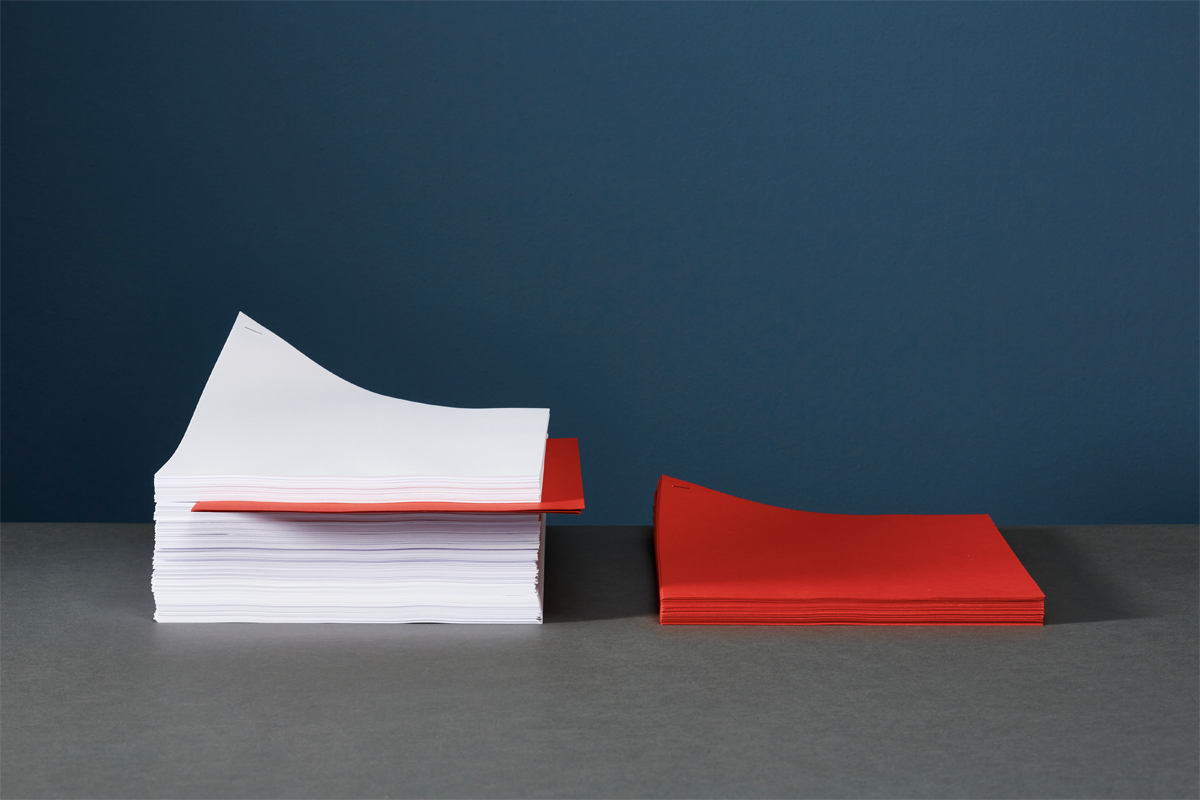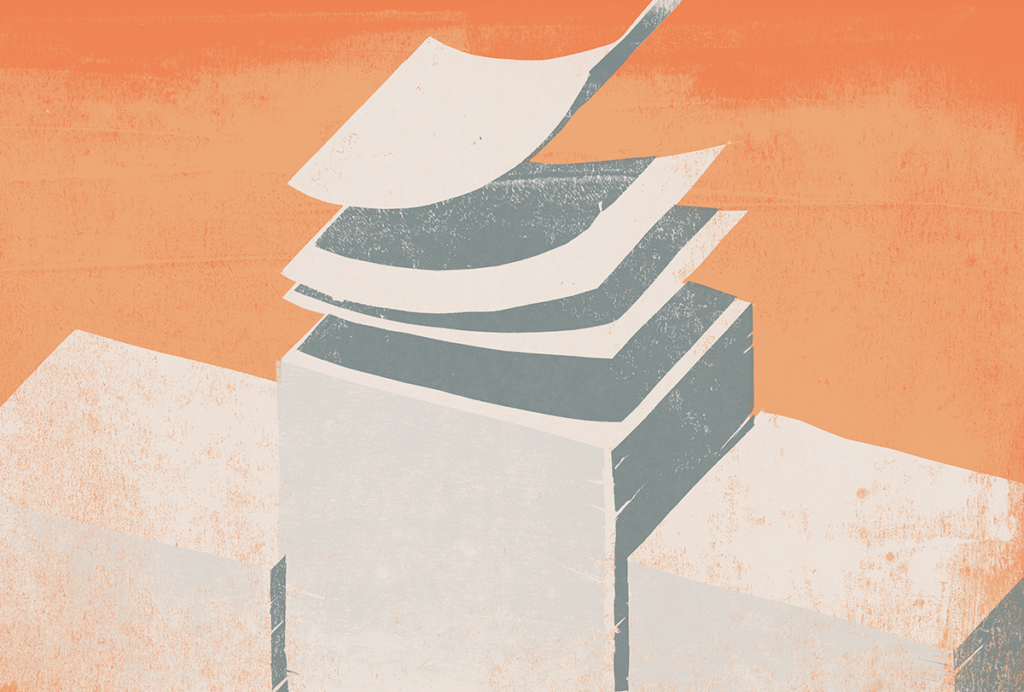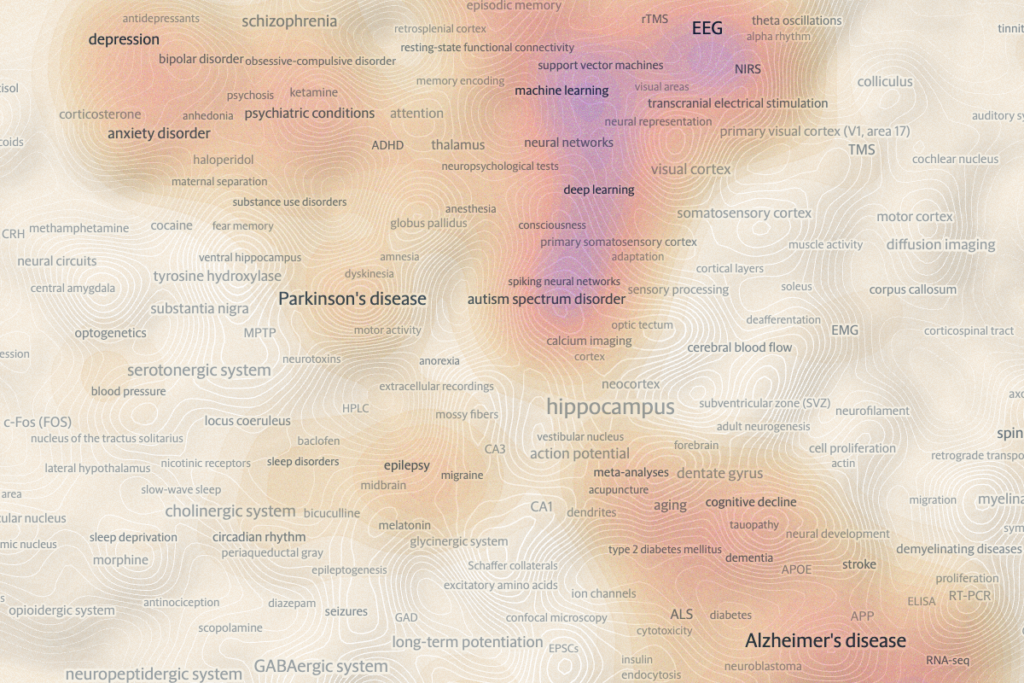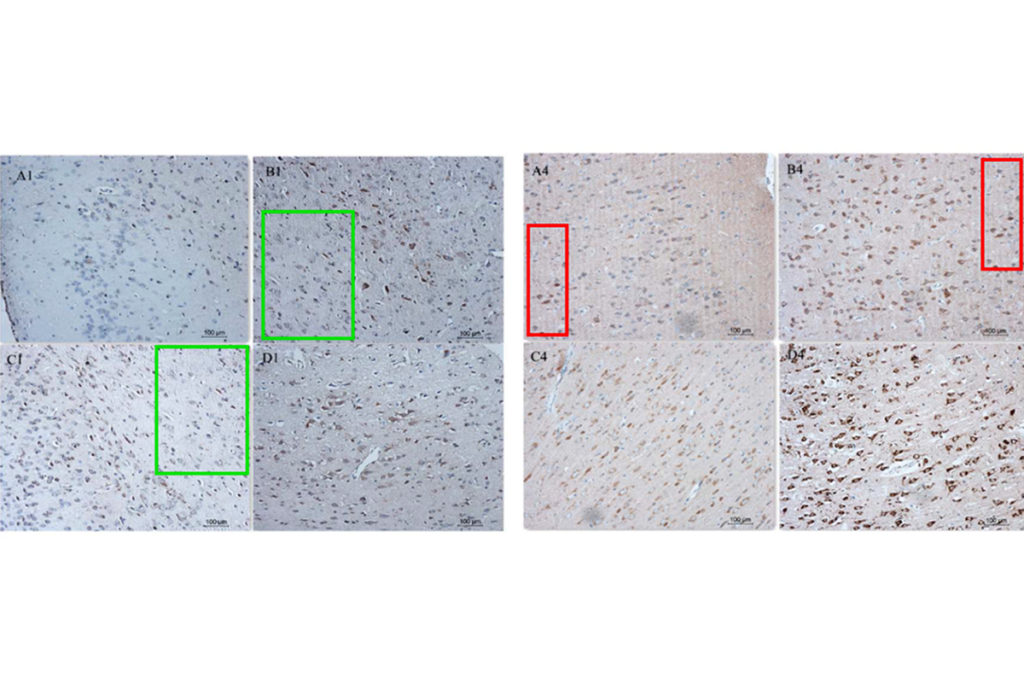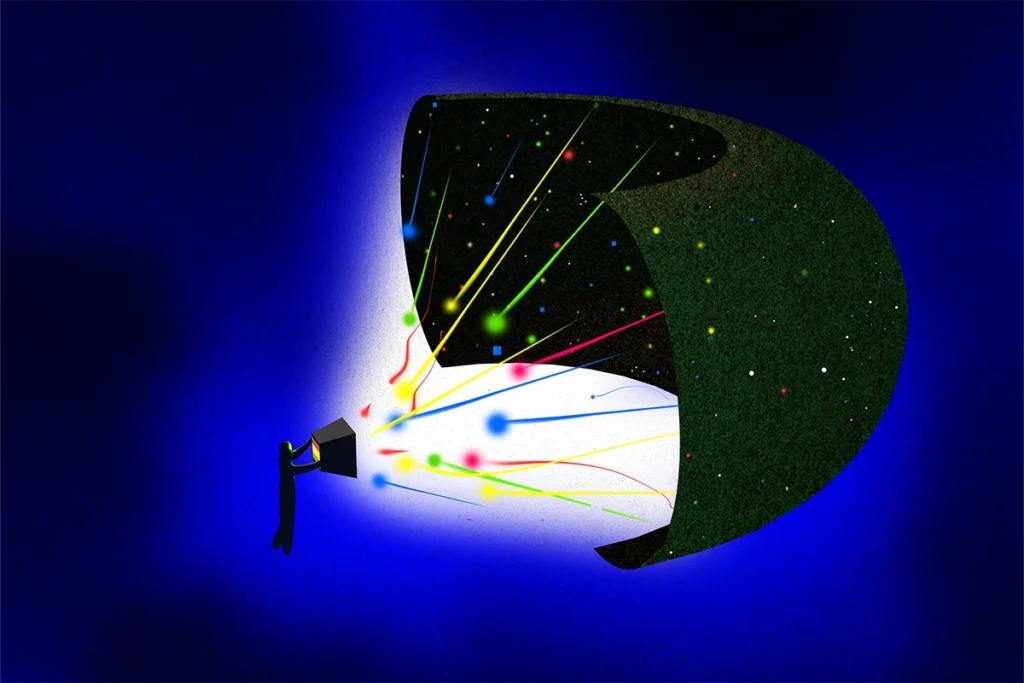Loma Linda University Health has launched an inquiry into the work of stroke researcher John H. Zhang after a data sleuth flagged issues with 98 of his papers, The Transmitter has learned.
The papers were published between 2003 and 2024 in 38 journals. So far, 2 papers have been retracted, 19 have been corrected, and 27 have expressions of concern, according to an analysis by The Transmitter.
Data sleuth René Aquarius discovered “problematic images” in many of Zhang’s papers while conducting a systematic review of preclinical animal models of hemorrhagic stroke, he says. The issues include potentially replicated Western blots and fluorescent microscopy and histology images. Aquarius, a neurosurgery researcher at Radboud University Medical Center, posted comments about each of the 98 affected papers on PubPeer, a post-publication peer review website.
Zhang, professor of basic sciences, anesthesiology, neurosurgery and nursing at Loma Linda University, is the “most prolific author” in the field of early brain injury after hemorrhage, according to a recent review.
When The Transmitter reached out to Zhang for comment via email, he shared that Loma Linda was conducting an “internal investigation” due to the PubPeer comments, and he declined to comment while it was ongoing. In his reply, he copied Jerri Mendivel, research compliance manager at Loma Linda University Health.
“One clarification; you are not under investigation by LLU at this time. We are in the midst of an Inquiry, which is the process of gathering information to see if there is evidence to support the allegations of potential research misconduct,” Mendivel wrote in an email addressed to Zhang that appears to also have been sent to The Transmitter by mistake. “The inquiry is not complete at this time and no decision has been made to proceed to an investigation at this moment.”
The university sequestered Zhang’s data on Friday, according to the email. Mendivel directed Zhang to “not, under any circumstances, respond to anyone requesting details regarding the allegations you have received or regarding the inquiry process,” and shared that “we are keeping this matter strictly confidential and on a ‘need-to know’ only basis.”
A representative of the university provided a statement to The Transmitter: “Loma Linda University takes concerns regarding research integrity very seriously. We are aware of the issues raised on PubPeer regarding publications associated with Dr. Zhang. In accordance with our institutional policies and federal guidelines, Loma Linda University has initiated a thorough review process to assess these matters. As this review is ongoing, we are unable to comment on specific details or potential outcomes. Loma Linda University remains committed to upholding the highest standards of research ethics, transparency, and scientific rigor.”
One of the retracted papers, “Hydrogen-rich saline protects myocardium against ischemia/reperfusion injury in rats,” was published in Experimental Biology and Medicine in 2009 and has been cited 144 times, according to Clarivate’s Web of Science. The other paper, “ErbB4 preserves blood-brain barrier integrity via the YAP/PIK3CB pathway after subarachnoid hemorrhage in rats,” was published in Frontiers in Neuroscience in 2018 and has been cited 13 times. Ten papers published in Experimental Neurology have expressions of concern, and three have been corrected.
Zhang has two previous retractions due to duplicated images: A 2017 study in Scientific Reports was retracted in 2021, and a 2020 study in Oxidative Medicine and Cellular Longevity was retracted in 2022.
In preclinical stroke research, investigators select representative images of brain sections and Western blots, but the real data are quantitative, says Malcolm MacLeod, professor of neurology and translational neuroscience at the University of Edinburgh.
But when labs manipulate those images, “how much confidence does that give you in the quantitative data which they present?” MacLeod says. “And the answer is: Not very much.”
